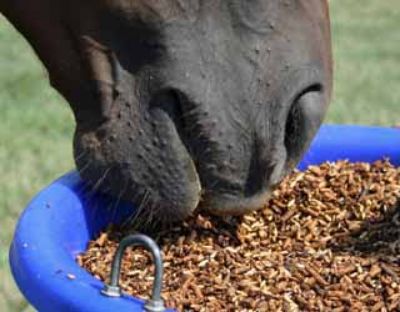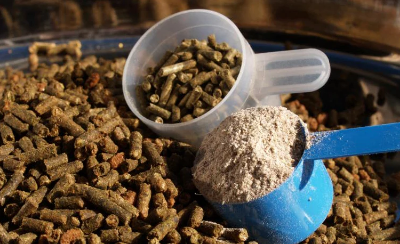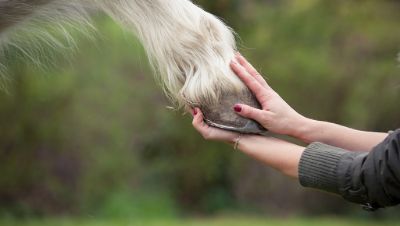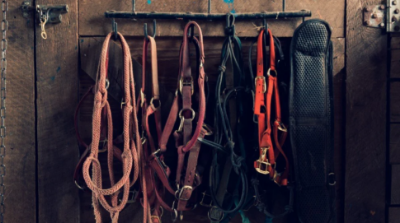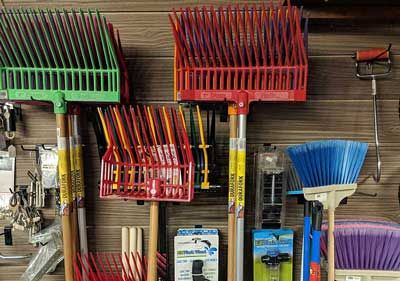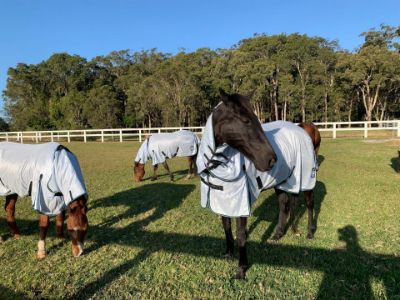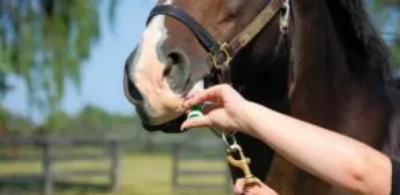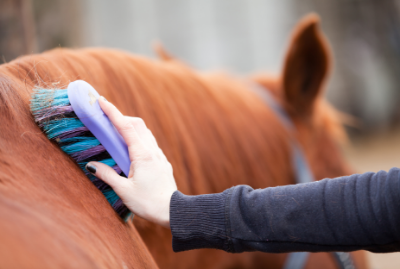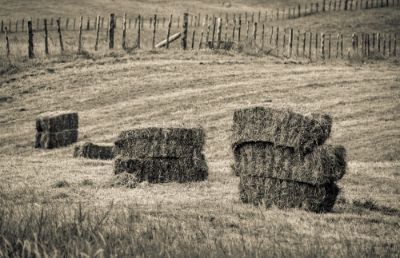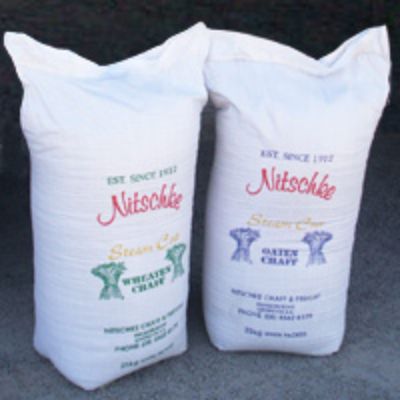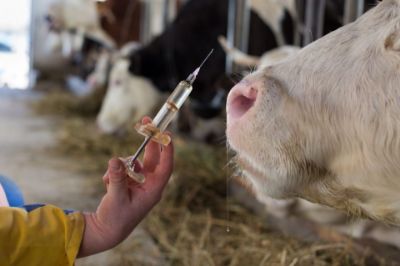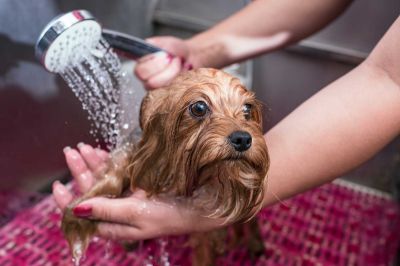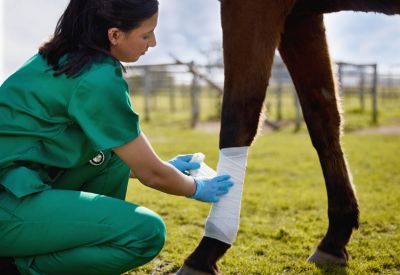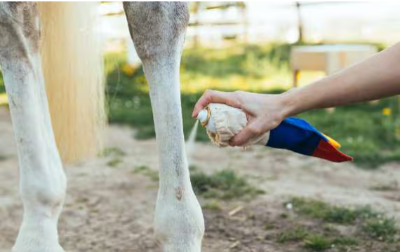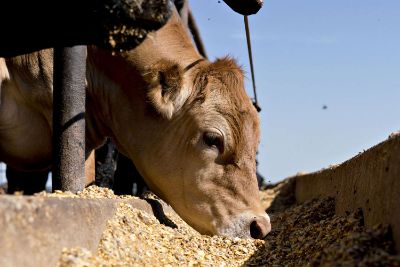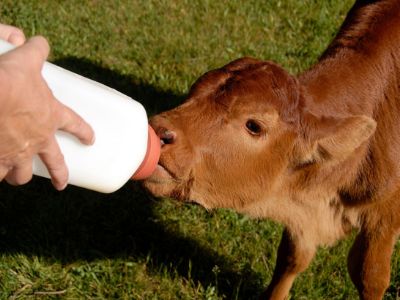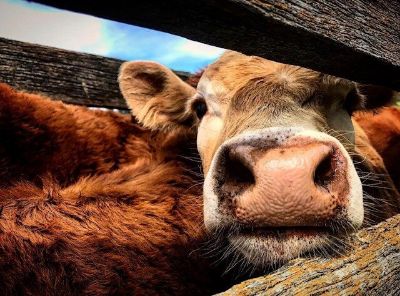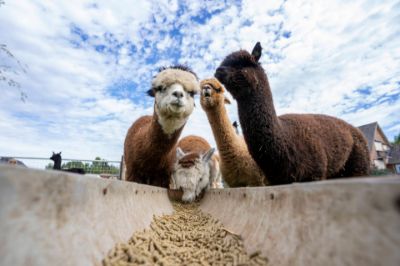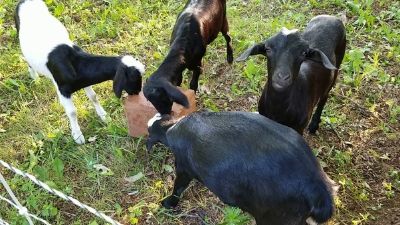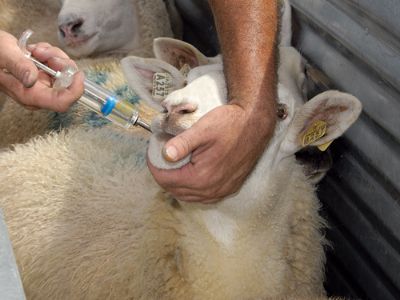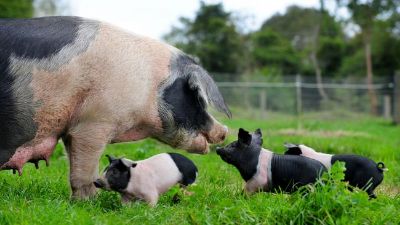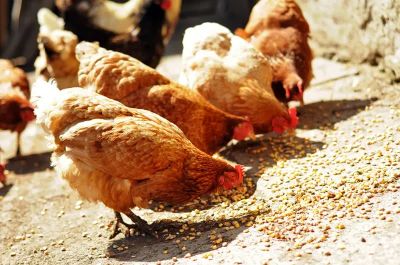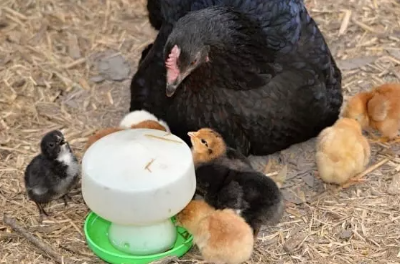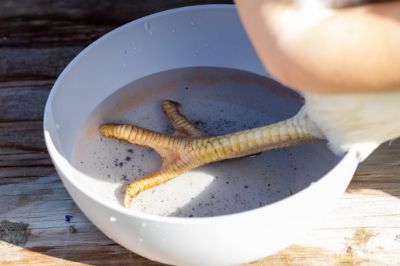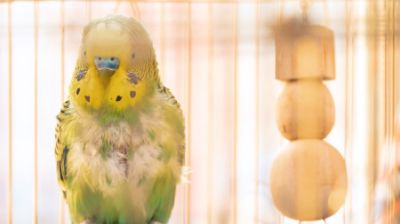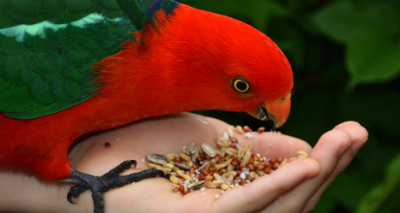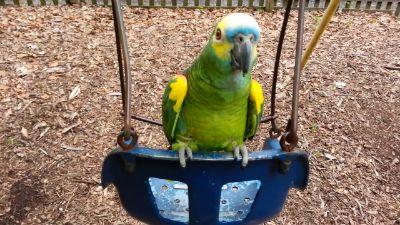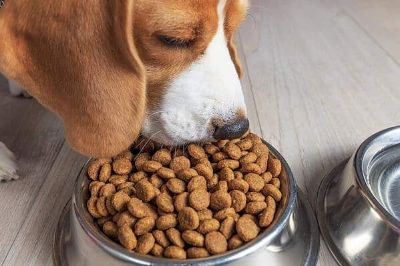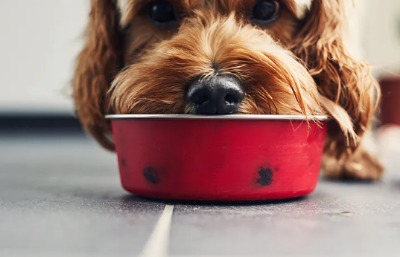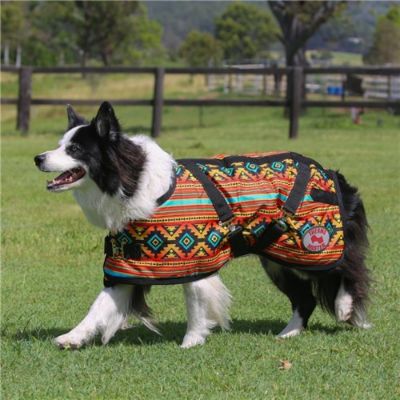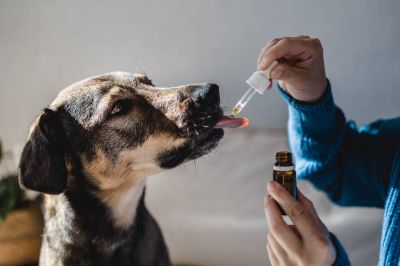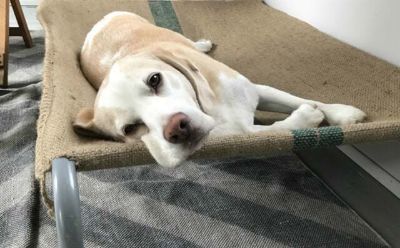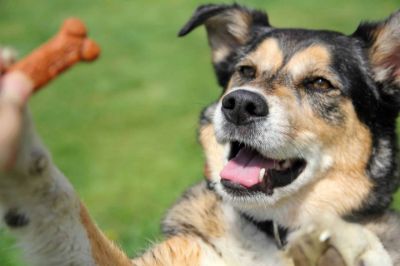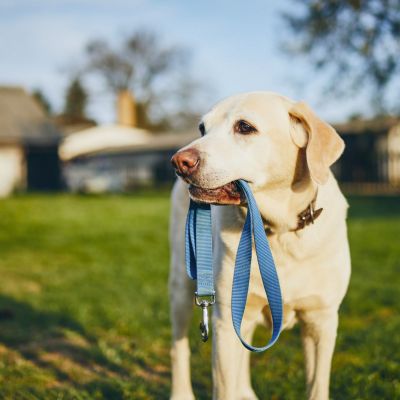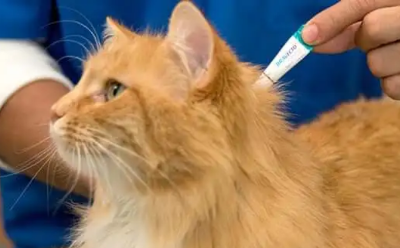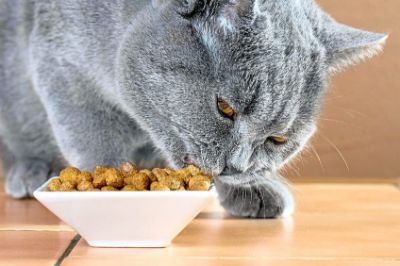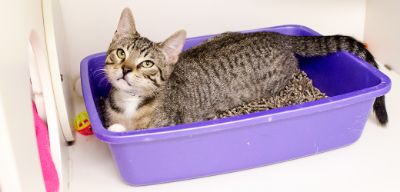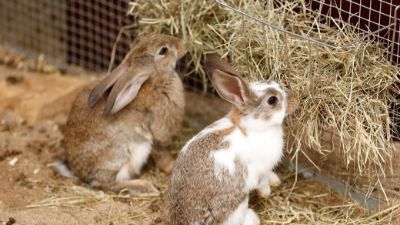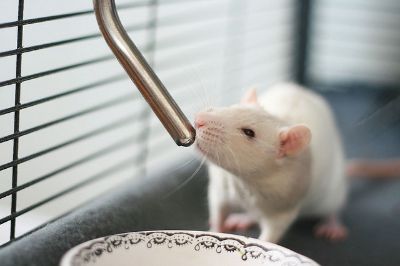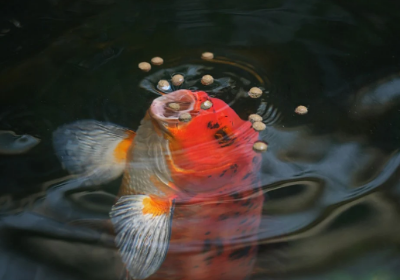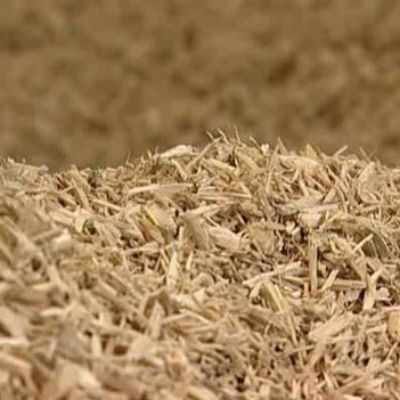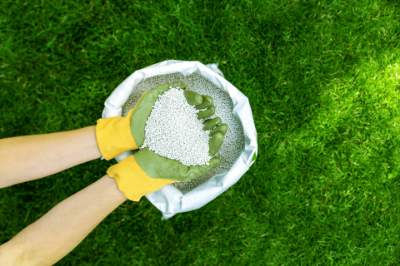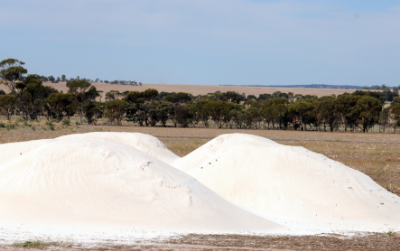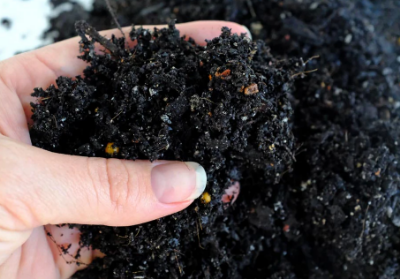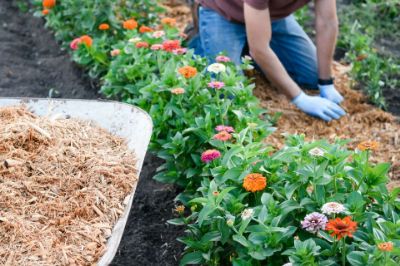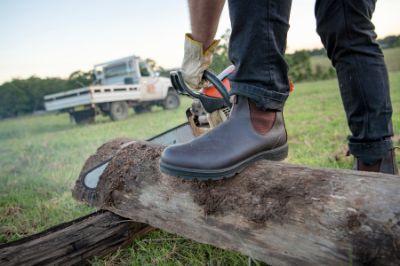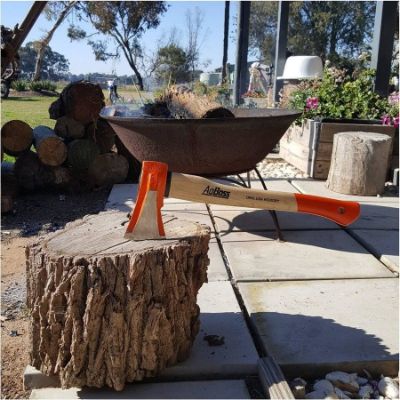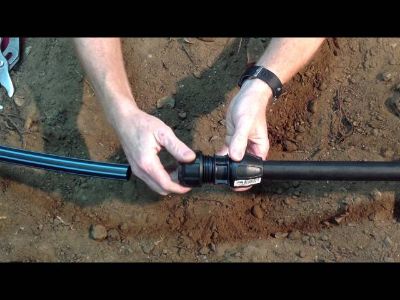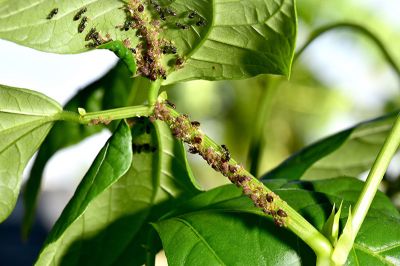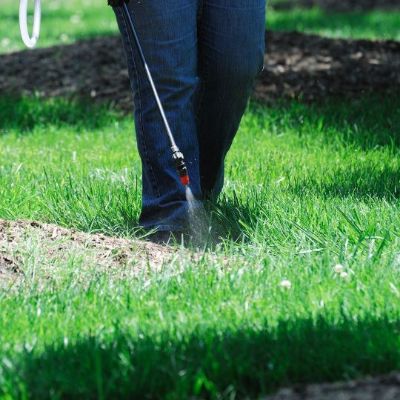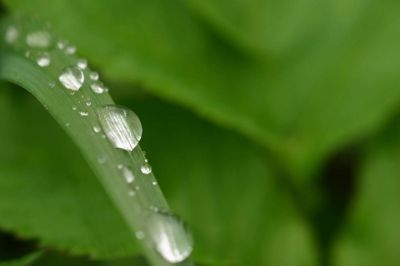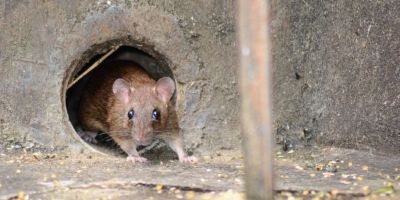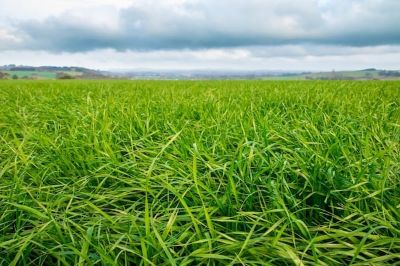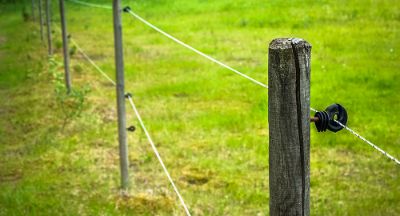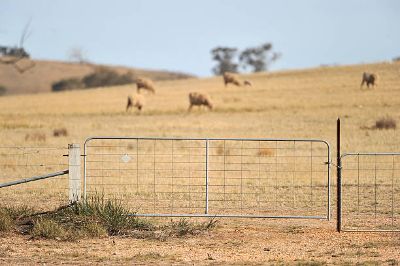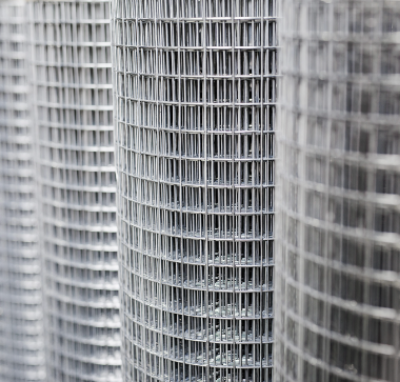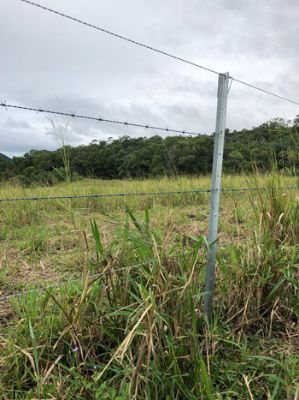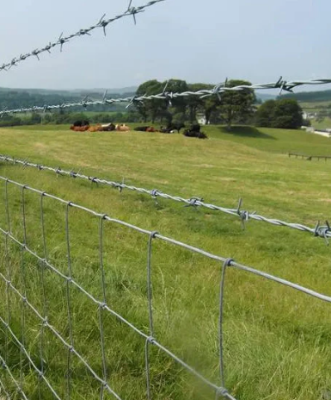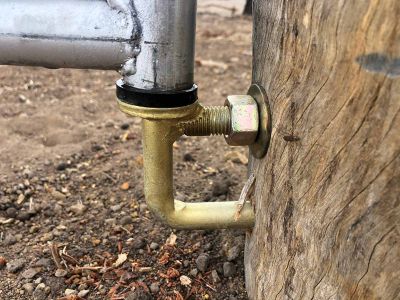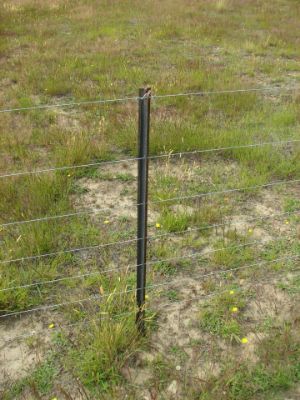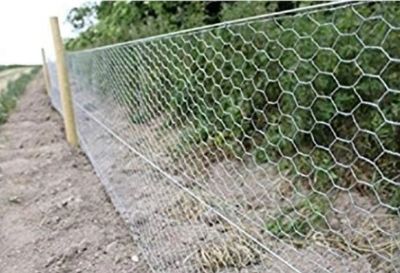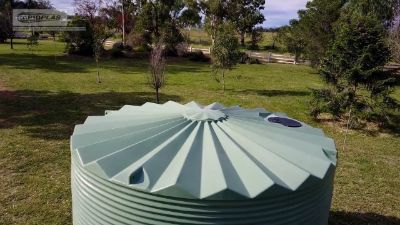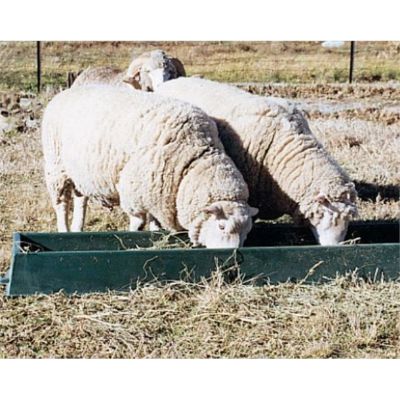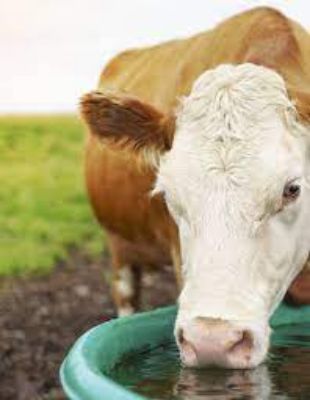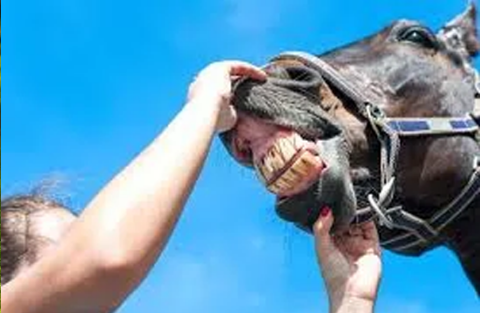
How to Feed the toothless Horse
As owners, we are doing a wonderful job looking after our horses. They are living longer and happier lives. They are performing well into their senior years. We have perfected diets, exercise programs, stable management, and pasture maintenance. We are catching and treating diseases that used to end careers like PPID (Cushing’s Disease) sooner and more effectively. This means that we are seeing more and more horses outlive their teeth. Something that was super rare even 20 years ago. Gone are the days of that retired bony old nag out in the back paddock that is not looked after anymore. We no longer justify a skinny senior horse by saying “Oh, she’s just old.” With the knowledge that we have now, we can keep our geriatric horses healthy, shiny and happy even if they do not have a tooth in their dear old head. Let’s take a closer look at how to feed and manage the toothless horse
How do horses outlive their teeth?
An adult horse’s teeth are called hypsodont or long crowned. As the crown of a horse’s tooth is worn away over time from constant chewing, the long tooth is pushed up, exposing more of the reserve crown. The tooth will continue to be pushed up until it runs out, just like a tube of lipstick. Once horses’ teeth reach the end of their length, they fall out and are not replaced. You will notice this start to happen in your horse when they reach their mid-20s and early 30s. A senior horse’s teeth become delicate and are damaged easily at this point, so a veterinary dental specialist should be checking your senior horse’s teeth every 6 months to remove damaged or broken teeth as they wear out to make sure your horse remains healthy, happy, and most importantly, pain-free.
When should I start changing my horse’s diet?
As soon as your horse starts to lose any of their teeth, it is a good idea to slowly start modifying their diet. You might even see signs that your horse needs their diet modified before they start to lose their teeth. These signs are:
- Weight loss
- Favouring chaff over long stem hay.
- Quidding: This is when a horse starts to ball up their feed instead of chewing and swallowing it. You will notice little balled up bits of food on the ground or in their cheeks.
- Taking longer to eat ration.
- Dropping or dribbling food while eating.
How should I change my horse’s diet?
Make sure that changes are made gradually, and your horse’s diet remains balanced. Your horse may not like their diet being changed, so doing it gradually over a matter of weeks and months will make sure they are not stressed unnecessarily. Here are some suggestions of gradual changes that will help to keep your horse’s looking their best well into their twilight years:
- Gradually decrease amount of hay and increase the amount of chaff or other chopped fibre sources such as haylage or beet pulp. Always make sure the fibre content of your diet is at least 1-2% of your horse’s body weight to maintain a healthy gut flora.
- Add oil to help increase calories and maintain body weight. A horse’s diet can contain up to 10% oil if necessary.
- Switch from grains to extruded feeds or mashes that are more easily digested.
- Soak feeds. Start by just dampening feed down, and gradually add more water over the months and years, till you have a completely sloppy ration that does not need to be chewed at all by the time your horse has lost all or most of their teeth.
- Feed smaller more frequent meals, four times a day if possible, to help maintain gut and mental health as your senior horse starts to lose their ability to graze.
- Feed your horse separately so they are not bullied by pasture mates. Toothless horses often lose their place in the pecking order, as they cannot “peck” anymore.
By making these changes over months and years instead of days and weeks, you will be able to keep your toothless horse healthy and happy to the end of their life.

